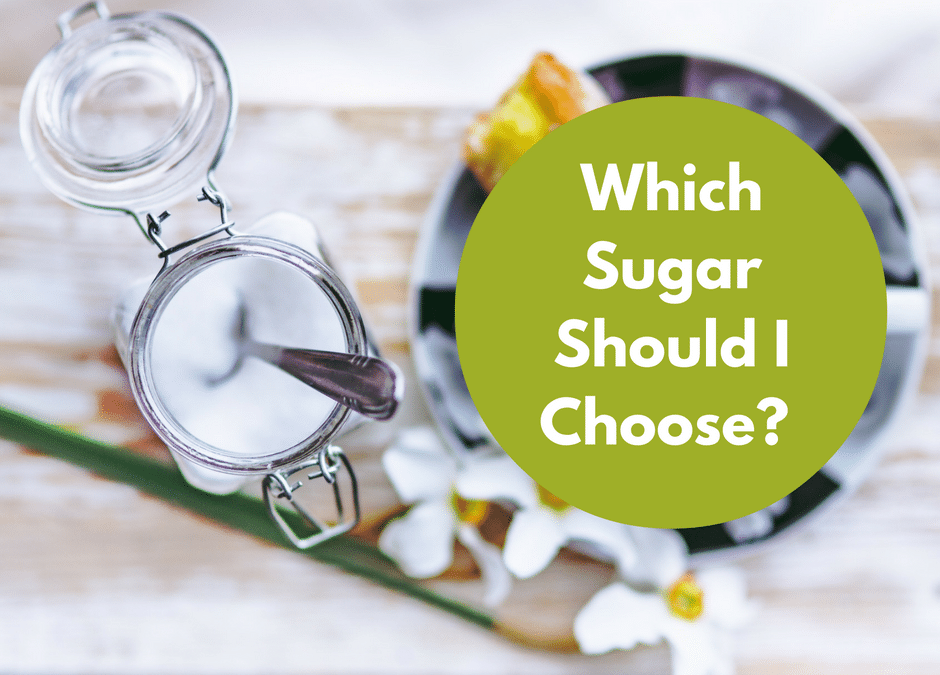Coconut sugar is made from the sap of a coconut palm tea. The sap is boiled to create a caramel-colored product, which some people claim tastes similar to brown sugar. Coconut sugar can be used as a sweetener in your coffee, in baked desserts, sauces and marinates. It can replace sugar portion for portion; however, some people find that they need use more coconut sugar, as it is not as intensely sweet. Coconut sugar is often advertised for its high mineral content retained from the sap, specifically potassium. Although this is true, don’t count on getting much in a teaspoon or tablespoon. In order to retain ¼ of a day’s worth of potassium, you would need to consume 25 teaspoons of sugar! And finally, when it comes to calories and carbohydrates, there’s no difference between coconut sugar and white sugar – both contain 16 calories and 4 grams of carbohydrate (sugar) per teaspoon. As you can see, too much sugar, of any type, will raise your blood sugar and add extra calories to your diet.
Another factor to consider is cost:
Redpath Fine White Granulated Sugar (2kg) = $3.69
Redpath Dark Brown Sugar (1kg) = $3.29
Pure Palm Organic Coconut Sugar (454g) = $5.99
Splenda (110g) = $5.99
*prices obtained from grocerygateway.com
Although coconut sugar is not as expensive as a non-sugar substitute (Splenda), you pay more for a smaller quantity when compared to white sugar and brown sugar. If chemically and calorically speaking they are identical, is it truly worth the added cost?

